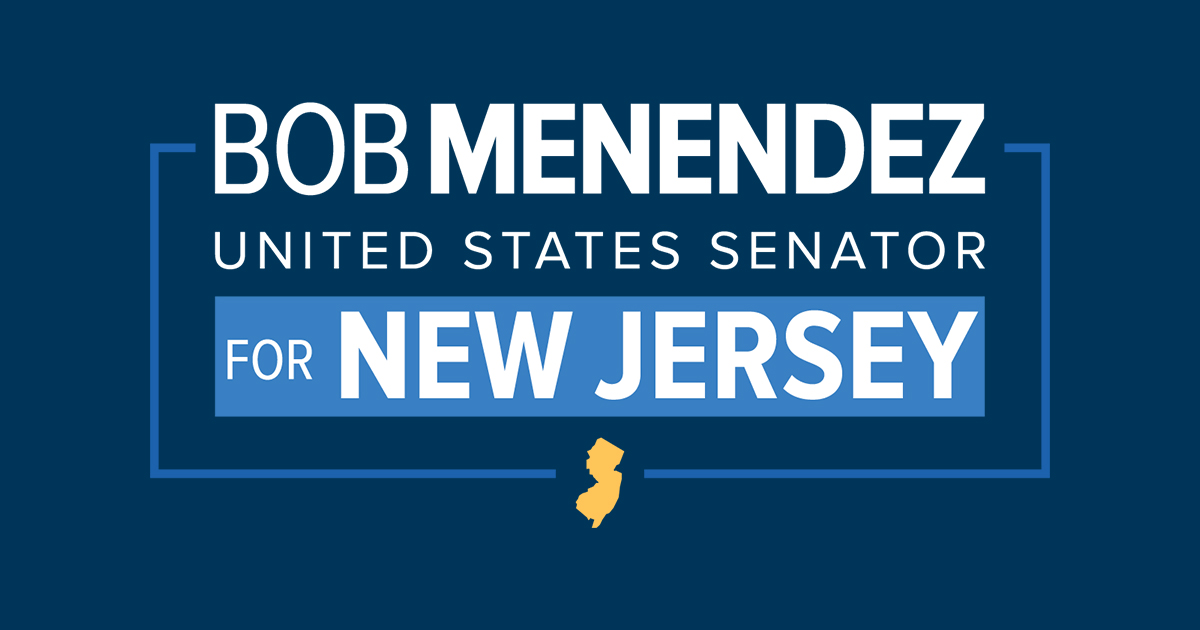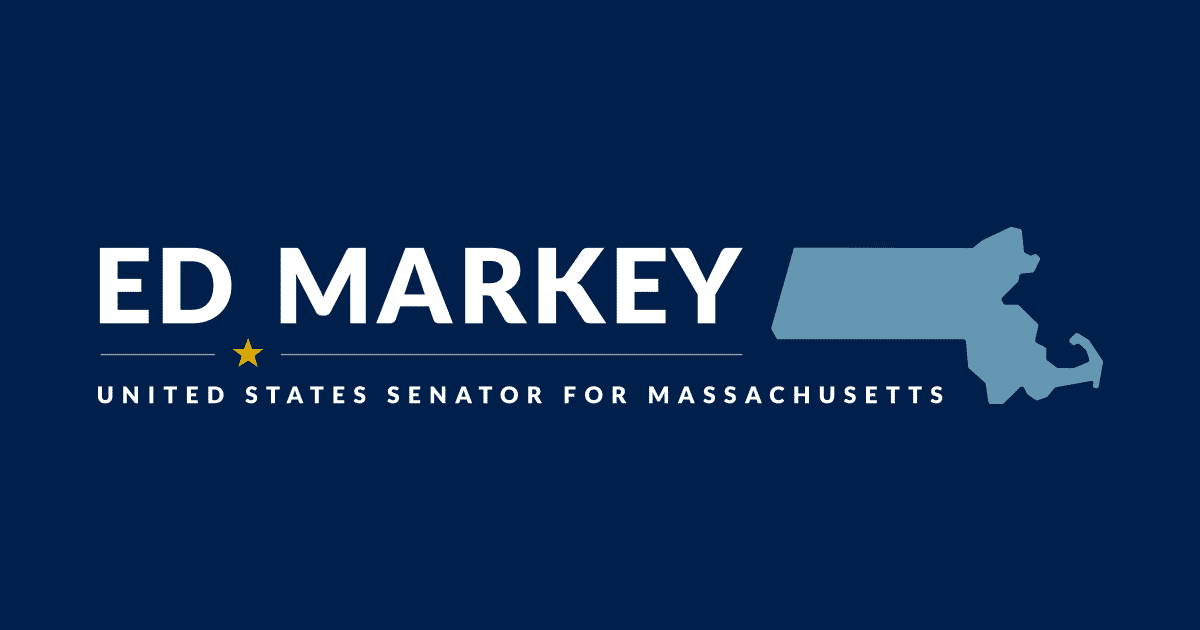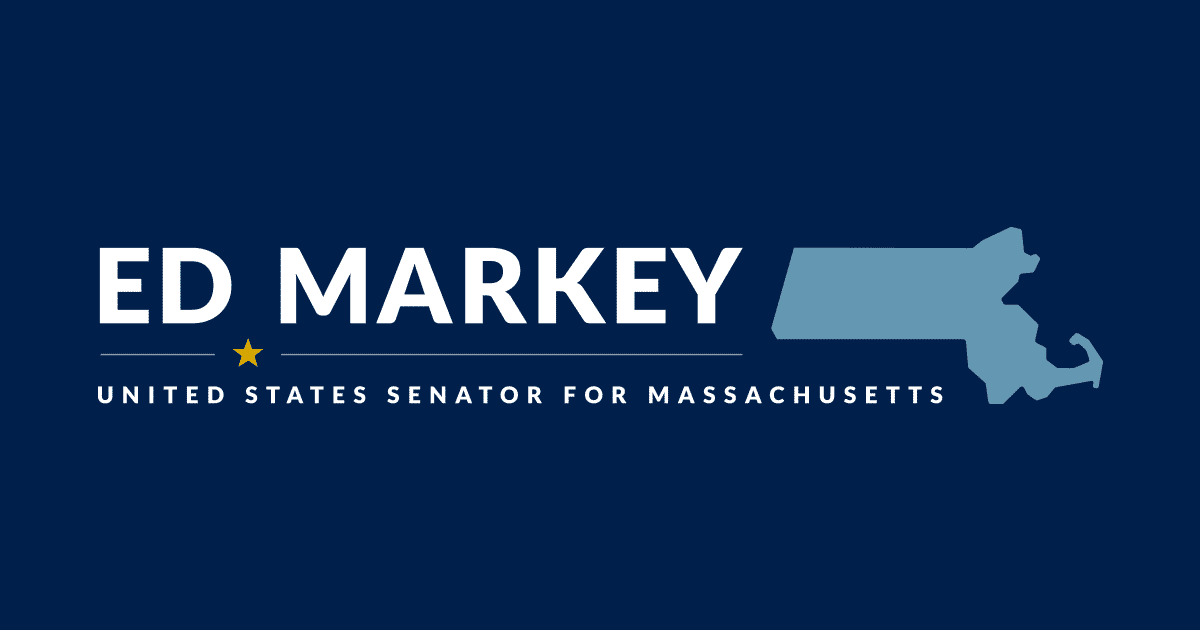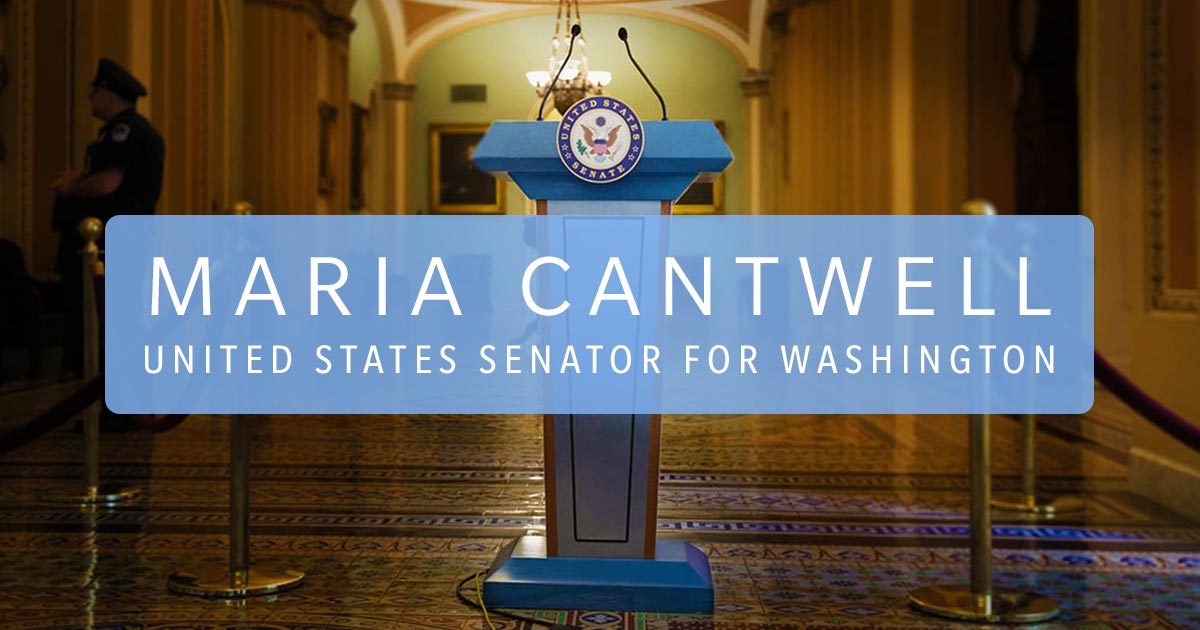Source: United States Senator for New Jersey Bob Menendez
WASHINGTON, D.C. – U.S. Senators Bob Menendez (D-N.J.) and Kevin Cramer (R-N.D.) today reintroduced the bipartisan Payment Choice Act to ensure customers have the freedom to choose how they pay for goods and services. With the increased use of electronic and contactless methods of payment and many businesses refusing cash, consumers without access to financial services are finding it harder to participate in the economy. The bipartisan legislation would prohibit retail businesses from refusing to accept cash as a form of payment and prevent them from charging a higher price for using cash instead of other forms of payment.
The Senate version of the Payment Choice Act is a companion bill to H.R. 4128 introduced in the House of Representatives by Congressmen Donald Payne, Jr. (D-N.J.-10) and John Rose (R-Tenn.-06).
“While electronic payments have grown in popularity and are for many a convenient form of payment, completely refusing cash denies people, frequently in underserved communities, from having equal access to participate in our economy,” said Sen. Menendez. “This bipartisan, commonsense legislation would ensure that everyone who carries legal tender printed and backed by the U.S. Treasury, and especially those who are unbanked or underbanked, can continue to fully participate in the economy.”
“Cold hard cash is still legal tender in the United States, despite some businesses’ exclusive acceptance of electronic payments,” said Sen. Cramer. “Imposing premium prices on goods and services paid for with cash or forcing the use of credit and debit cards limits consumer choice and is just plain wrong. Americans should have the option of using plastic, but they should be the ones who make that choice, not businesses.”
“Every American should have the right to pay in cash,” said Rep. Donald M. Payne, Jr. “There are too many stores and businesses that want to reject it in favor of digital payments. But cash is the only option available for millions of Americans to pay for food, housing and other essentials. In addition, I am concerned about the safety and privacy of the data that companies are collecting from consumers during routine purchases. Besides, American cash is a lesson in American history. A few years ago, we fought over who should be represented on our currency. Now, companies want to eliminate currency completely.”
“The Payment Choice Act is critical for the millions of Americans that lack access to financial services and prefer the privacy cash preserves,” said Rep. Rose. “Whether in our major cities or rural America, businesses nationwide should not be allowed to refuse legal tender. The Payment Choice Act will end this un-American practice and restore Americans’ right to choose how they participate in our economy. I am pleased to co-lead this effort in the House to pass this commonsense legislation.”
While the majority of American households have access to all or some financial services, 4.5 percent of U.S. households are unbanked, meaning they don’t have a checking or savings account. Unbanked and underbanked consumers are more likely to have lower incomes, less education, or be a member of a racial or ethnic minority group.
Despite a decline in cash payments during the past few years, they represent nearly 20 percent of all payments in the U.S. economy according to a recent study.
In 2019, the State of New Jersey enacted S. 2785, a state law that makes it illegal for businesses to refuse cash as a payment option. A similar law has existed in Massachusetts since 1978.
The Consumer Choice in Payment Coalition (CCPC), a broad-based group of consumer advocates, businesses, and nonprofit organizations supports both bills.
“We believe it is critical to ensure that cash remains a universally available payment option for consumers throughout the nation,” said Ruth Susswein, of Consumer Action – a national advocacy group and a member of the Coalition. “Noncash transactions generate vast amounts of data, recording the time, date, location, amount, and subject of each consumer’s purchase, which are available to digital marketers and advertisers who are engaged in developing and refining increasingly sophisticated techniques to identify and target potential customers.”
“The hardworking men and women of America’s retail ATM industry, who make widespread convenient access to cash a daily reality for consumers throughout our nation, want to thank and applaud Senators Menendez and Cramer and Representatives Rose and Payne for their ongoing leadership in reintroducing the Payment Choice Act,” said Bruce Renard, Executive Director of The National ATM Council, Inc. “With the US dollar under attack as the world’s leading currency, it is more important than ever for our country to ensure cash continues fulfilling its essential role as legal tender here at home throughout the USA. The option for consumers to pay with cash for basic goods and services is an important economic right we must preserve for all Americans, including our most vulnerable citizens. Accepting cash as a payment option is not too much to ask of all the retail establishments blessed with the opportunity to do business in the greatest marketplace on earth.”
For a copy of the legislative text click HERE.







